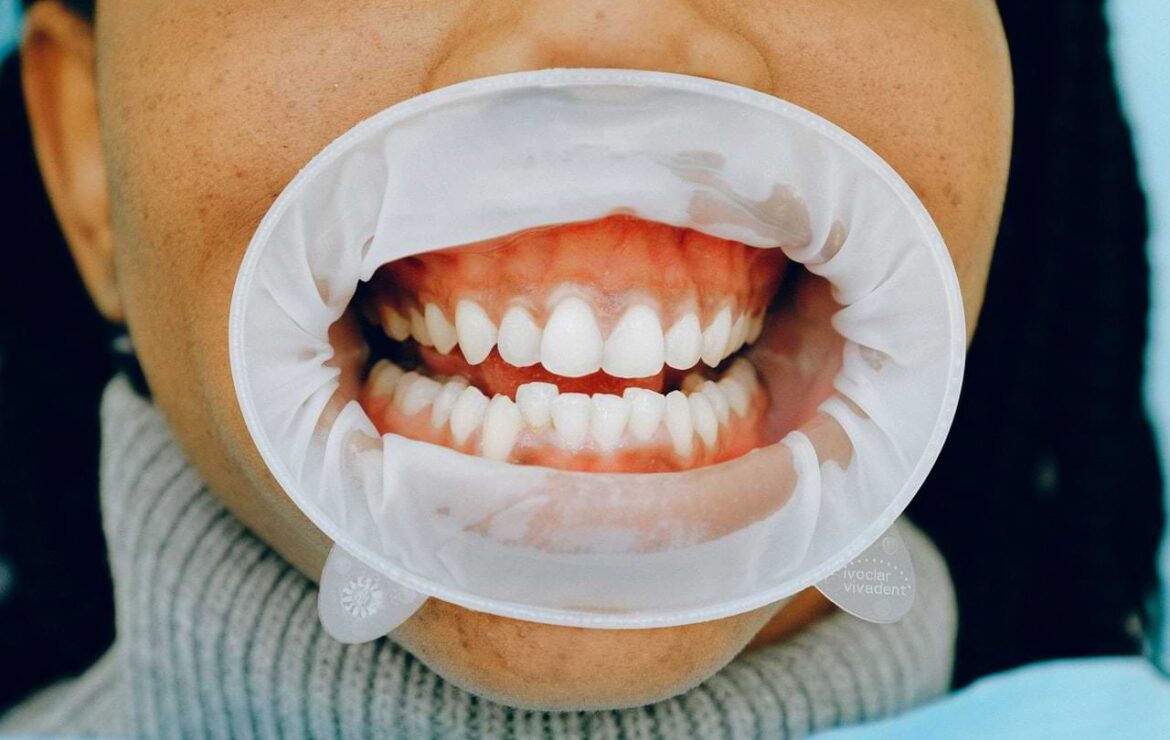Receding Gums Treatment: What You Need to Know

Receding Gums Treatment: What You Need to Know
If you’re looking for receding gums treatment, you’ve come to the right blog. But before we explore how to fix gums from receding, let’s first define the condition. Receding gums or gingival recession is the gradual loss of gum tissue, which exposes the root of your teeth. And while this condition is common, few of us know much about it. Fortunately, as the dentist Berwick trusts, we have developed a guide to give you all the information you need to know. So, let’s get into it!
Are Receding Gums Bad?
Receding gums leave your teeth and their roots exposed to bacteria, which can lead to tooth decay, infection and loss, as well as other oral problems. Moreover, gum recession can manifest as pockets in the gums or as gaps between the teeth. These pockets can become excellent hiding spots for bacteria, which cause various oral issues, including infection. Left untreated, such infection can affect the bone underneath, resulting in tooth loss — which usually calls for an emergency dental appointment.
Are Receding Gums Common?
Receding gums can become more prevalent as you age. It’s typically not something that occurs immediately and is most common in patients over age 40 in Australia. Still, gum recession can start as early as your teens. The only natural remedy is early-stage intervention, or you will eventually require dental treatment for receding gums.
What Are the Causes of Receding Gums?
Receding gums can be caused by several factors, including:
- Periodontal diseases (bacterial gum infections)
- Aggressive tooth brushing
- Insufficient dental care
- Genetics
- Hormonal changes
- Tobacco products
- Grinding and clenching your teeth
- Crooked teeth or a misaligned bite
- Body piercing on the lip or tongue.
How To Fix Receding Gums
You’ll need help from dental professionals to reverse gum recession. Here are the gum recession treatments we can offer:
Deep Cleaning
If you have only mild gum recession, a deep-cleaning procedure may be enough to solve your problem. This procedure, aka root planing or tooth scaling, typically involves removing hardened plaque and tartar underneath your teeth and gums. The exposed root area of the teeth is also smoothed down to protect your gums from bacteria and infection.
Medication for receding gums (i.e. antibiotics) is sometimes given in case harmful bacteria remain after the deep cleaning.
Is There Receding Gums Surgery?
If your condition has progressed, a deep clean may not be enough to address gum recession. Once your receding gums pass certain stages, surgery may be necessary to reverse any damage or changes to your mouth.
Flap Surgery
To prevent tooth loss, incisions are made in your gums to pull back the gum tissue. The surgeon can then perform scaling and root planing procedures.
Bone Regeneration
Regenerative surgery is vital when bone and gum tissue are lost. Specialist material is used to promote tissue and bone regeneration so that the gums can be secured over the roots again. Deep cleaning and root planing can then occur.
Tissue Graft
If too much gum tissue is lost, a gum tissue graft is performed to restore the gums. If enough material is available, the tissue used for the graft can come from elsewhere in your gums. Otherwise, the tissue can also be taken from the roof of your mouth.
How To Stop Receding Gums From Getting Worse
Just like any periodontal issue, the best way to prevent receding gums from occurring or from getting worse is to take good care of your oral health. This means maintaining good oral hygiene by brushing your teeth at least twice a day, flossing every day, and getting a dental check-up at least twice a year — or as often as recommended. Opt for soft-bristled toothbrushes for gentle yet effective teeth and gum cleaning.
If you’re already suffering from gum recession, your dentist will probably want to see you more often than twice a year. Additionally, if the condition is caused by a misaligned bite or teeth grinding, it is best to consult your dentist to correct the problem.
There are also other ways to prevent your gums from receding:
- Avoid tobacco products.
- Have a healthy and well-balanced diet.
- Drink enough water.
- Treat existing oral conditions.
- Observe any changes in your mouth.
Book an Appointment Today!
Are you suffering from receding gums? We recommend treating this issue as early as possible so it doesn’t develop and become worse. Don’t worry, though! Our dentists at Langmore Dental can help you prevent or fix receding gums, giving you a cleaner, brighter and healthier smile. We can also provide other dental treatments, whether you need a check-up and clean or new dental implants. Book your appointment today!








